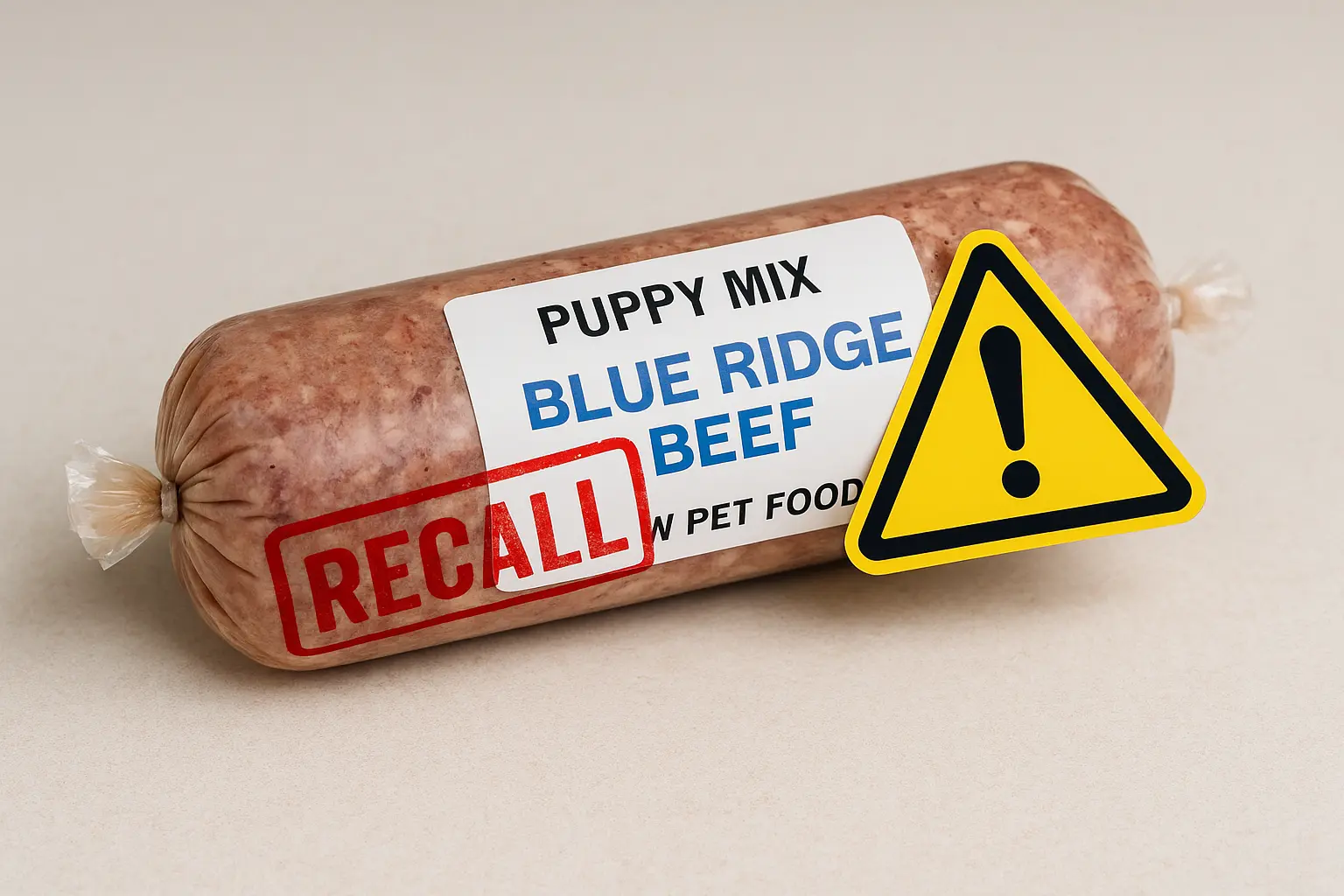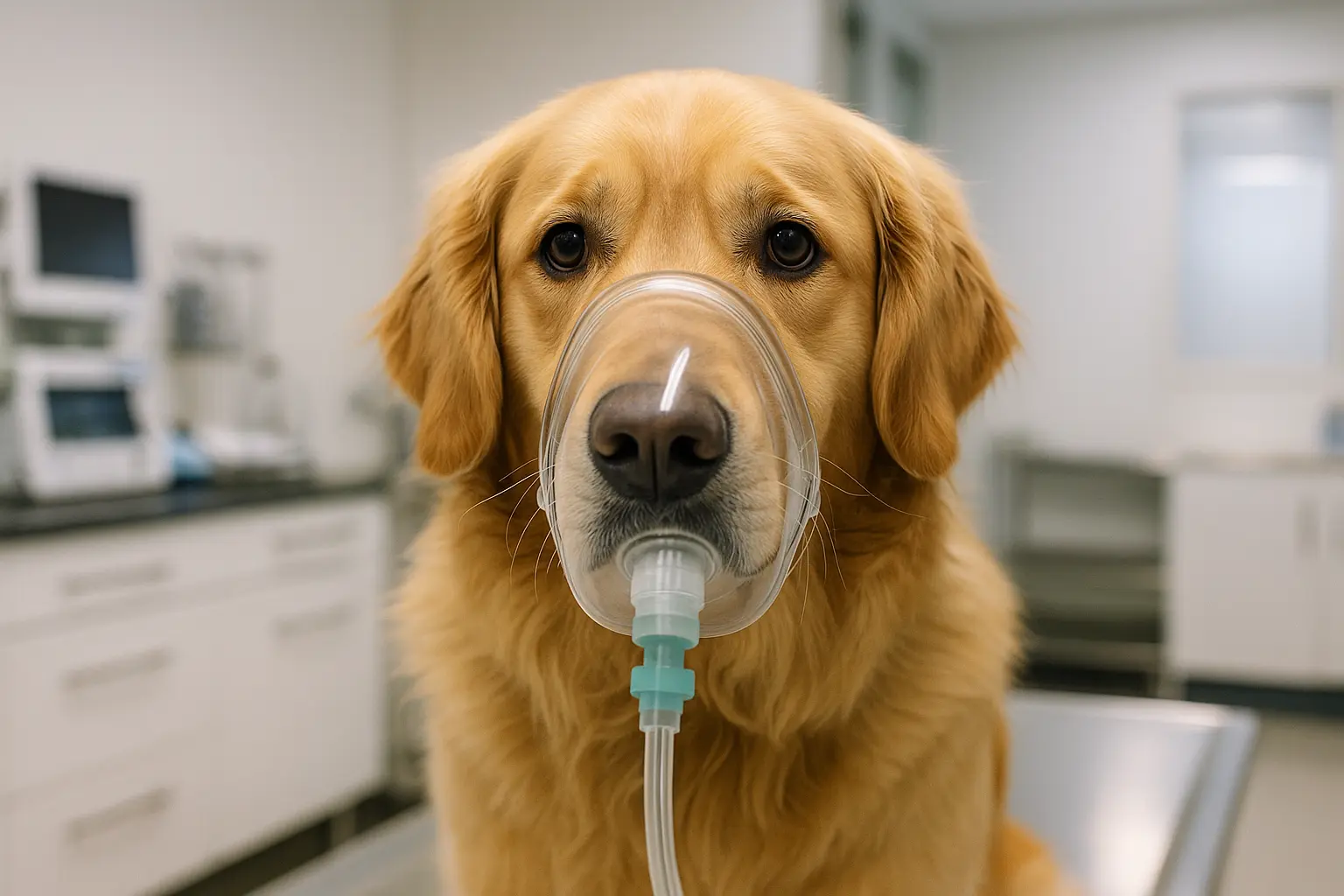Diseases of the Adrenal Glands in Dogs

Dogs rely on their adrenal glands for essential hormones that regulate metabolism, stress, and fluid balance. When these glands malfunction, the consequences can be serious. Two of the most well-known adrenal conditions in dogs are Cushing’s disease and Addison’s disease.
Understanding the Adrenal Glands
Dogs have two adrenal glands located in front of the kidneys. Each gland is made up of a cortex and a medulla. The adrenal cortex produces steroid hormones, including mineralocorticoids, glucocorticoids, and sex hormones. The medulla responds to stress by releasing adrenaline (epinephrine) and norepinephrine, which raise heart rate, blood pressure, and blood sugar while slowing digestion.
Too Much Hormone: Cushing’s Disease
Excess production of cortisol causes Cushing’s disease. The most common cause (85–90%) is a pituitary gland tumor that overstimulates the adrenal glands. Other causes include adrenal tumors or prolonged use of steroid medications (iatrogenic Cushing’s).
Signs of Cushing’s include increased appetite, water intake, urination, bloating, poor coat, lethargy, panting, and recurring skin or bladder infections.
Diagnosing and Treating Cushing’s
Diagnosis involves blood tests like ACTH stimulation and low-dose dexamethasone suppression. Treatment depends on the type of Cushing’s. Pituitary cases are often managed with medications like trilostane or mitotane. Adrenal tumors may be removed surgically. Iatrogenic cases require tapering off steroids under supervision.
Too Little Hormone: Addison’s Disease
Addison’s disease results from underproduction of cortisol and aldosterone. It affects fluid balance and blood pressure, with symptoms like vomiting, diarrhea, weight loss, fatigue, and dehydration. In crisis situations, dogs may collapse due to low heart rate and body temperature—an emergency needing immediate care.
Diagnosing and Treating Addison’s
Addison’s is diagnosed with an ACTH stimulation test. Treatment includes lifelong hormone replacement therapy: prednisone for cortisol and monthly injections of DOCP (Percortin) for aldosterone. Regular monitoring ensures proper dosage and long-term stability.
Keeping Your Dog Safe
Whether it’s too much or too little hormone production, adrenal diseases require early detection and careful management. Regular vet checkups, blood work, and close attention to changes in appetite, energy, or behavior can make a huge difference in quality of life for your dog.








